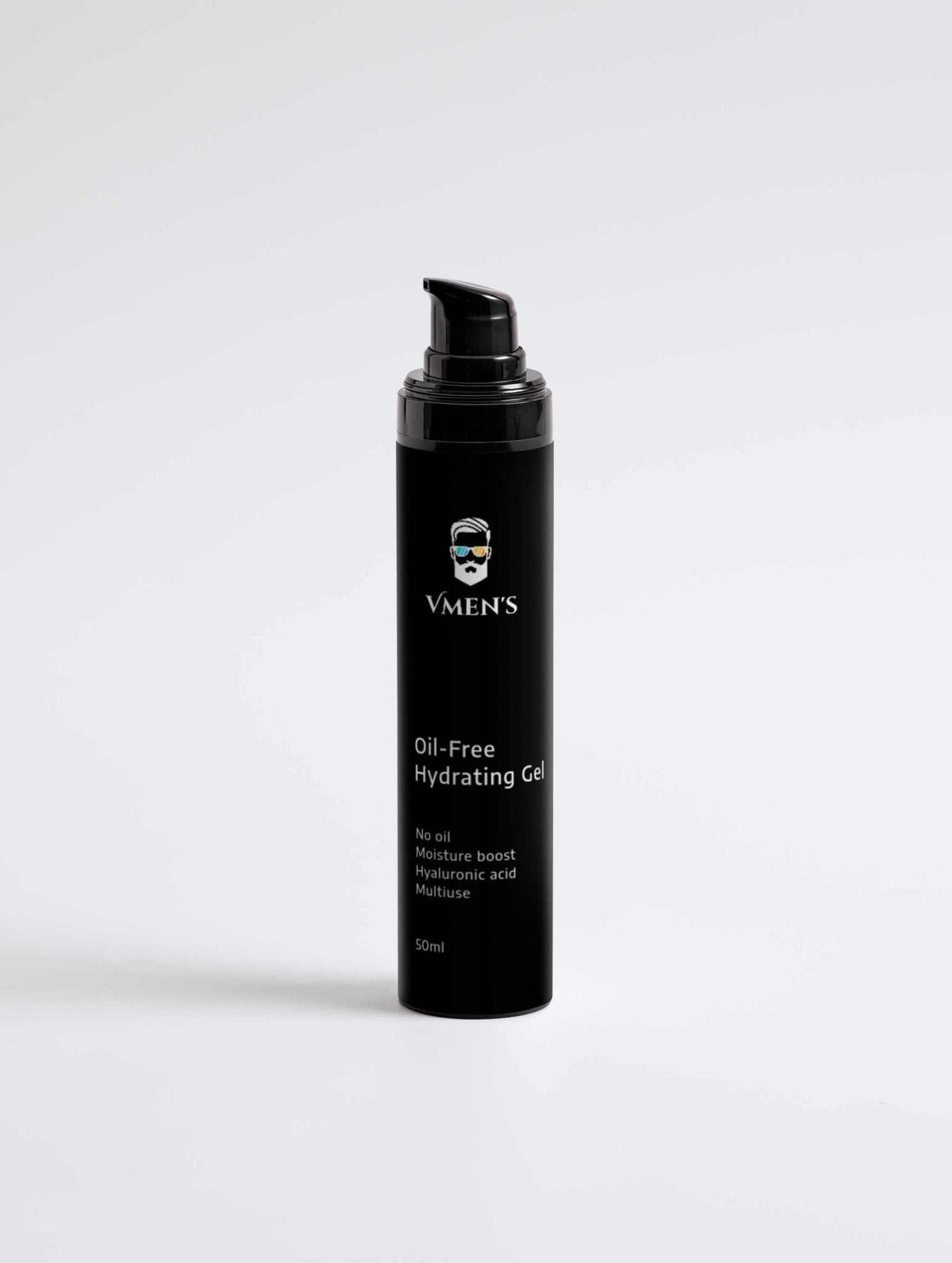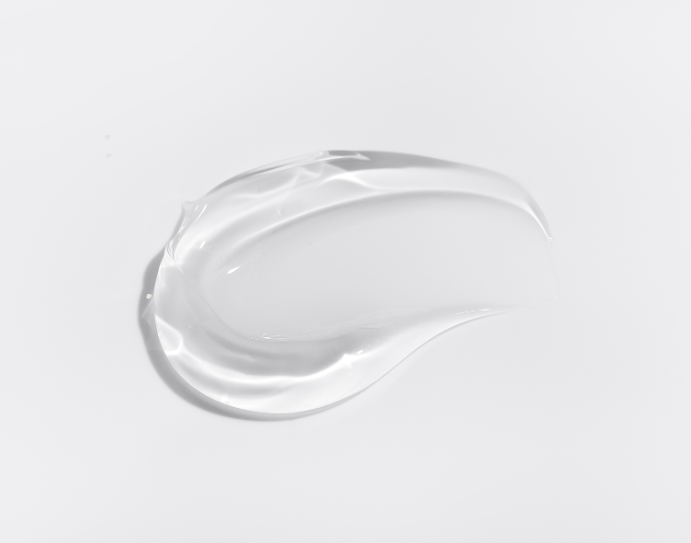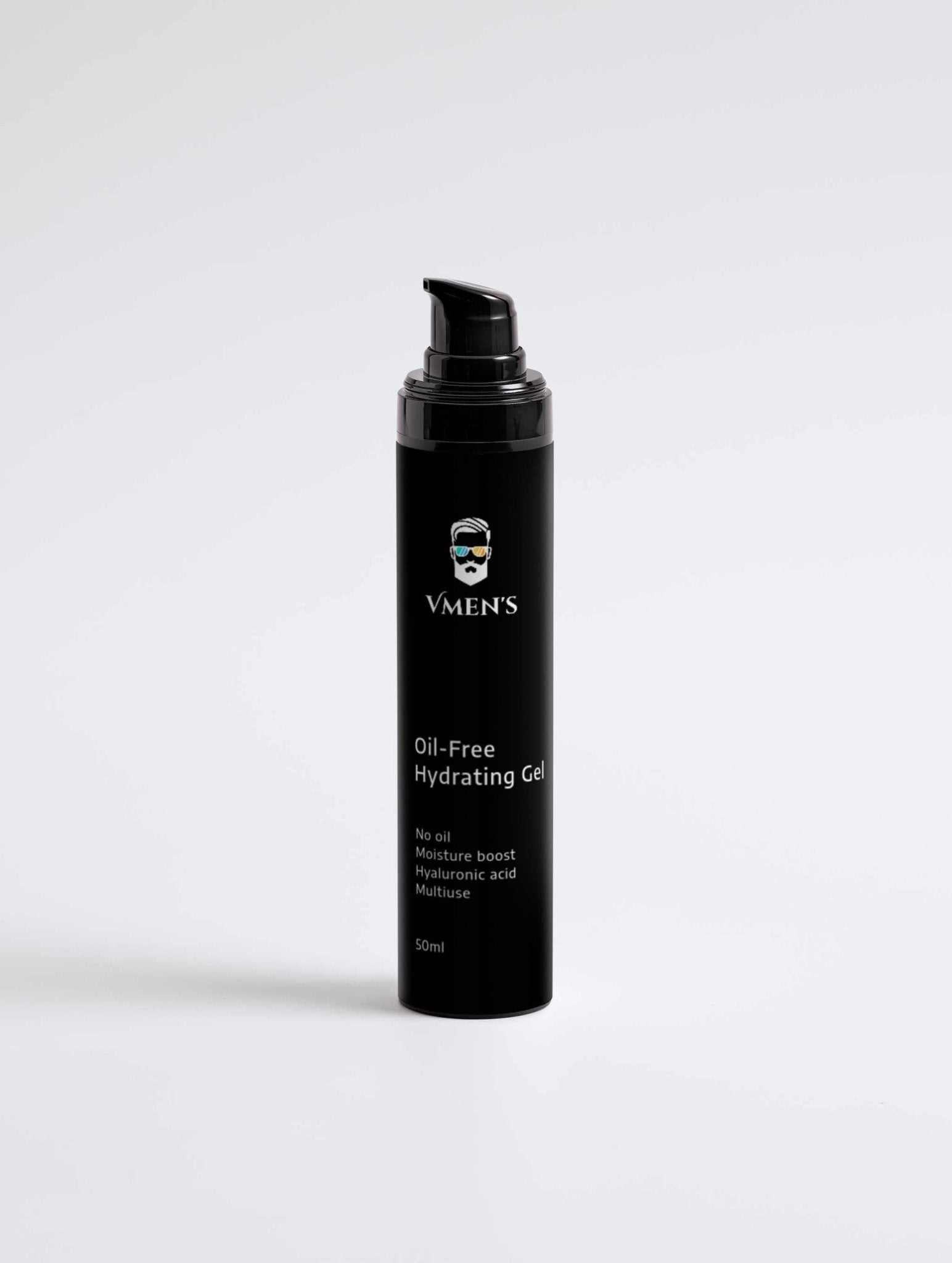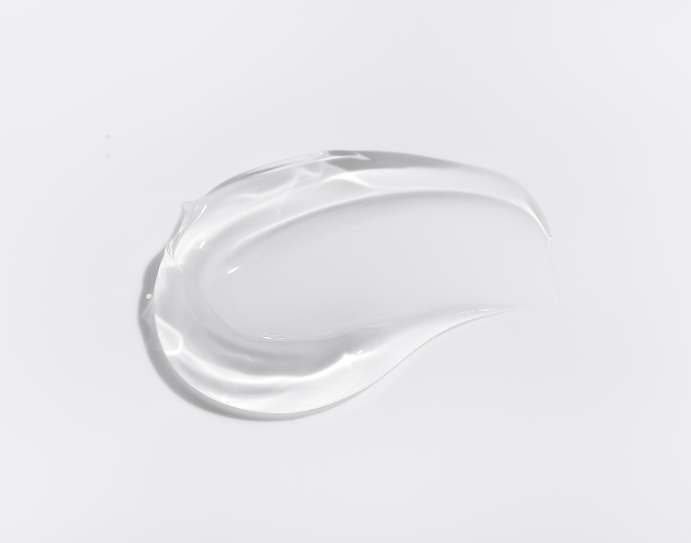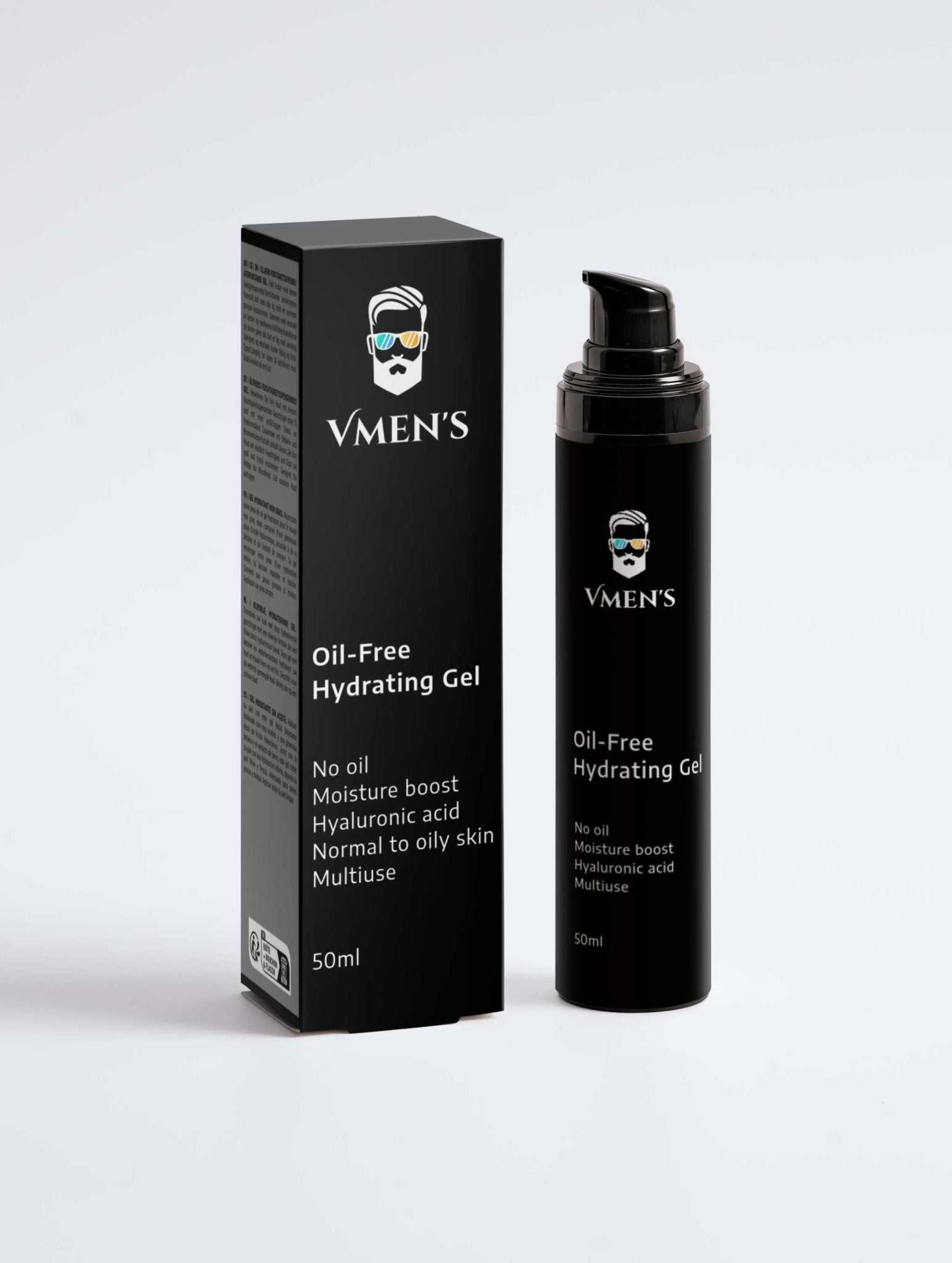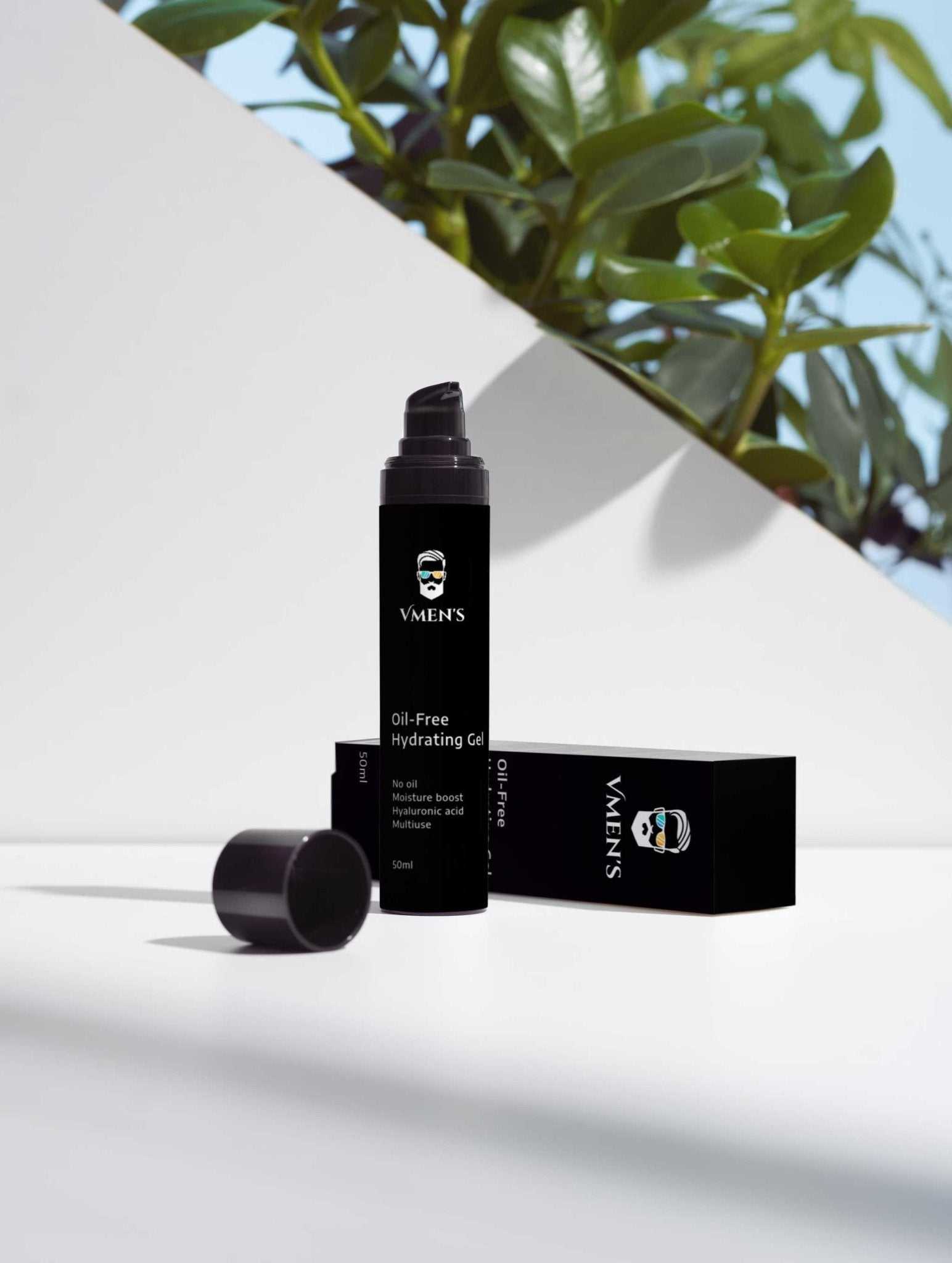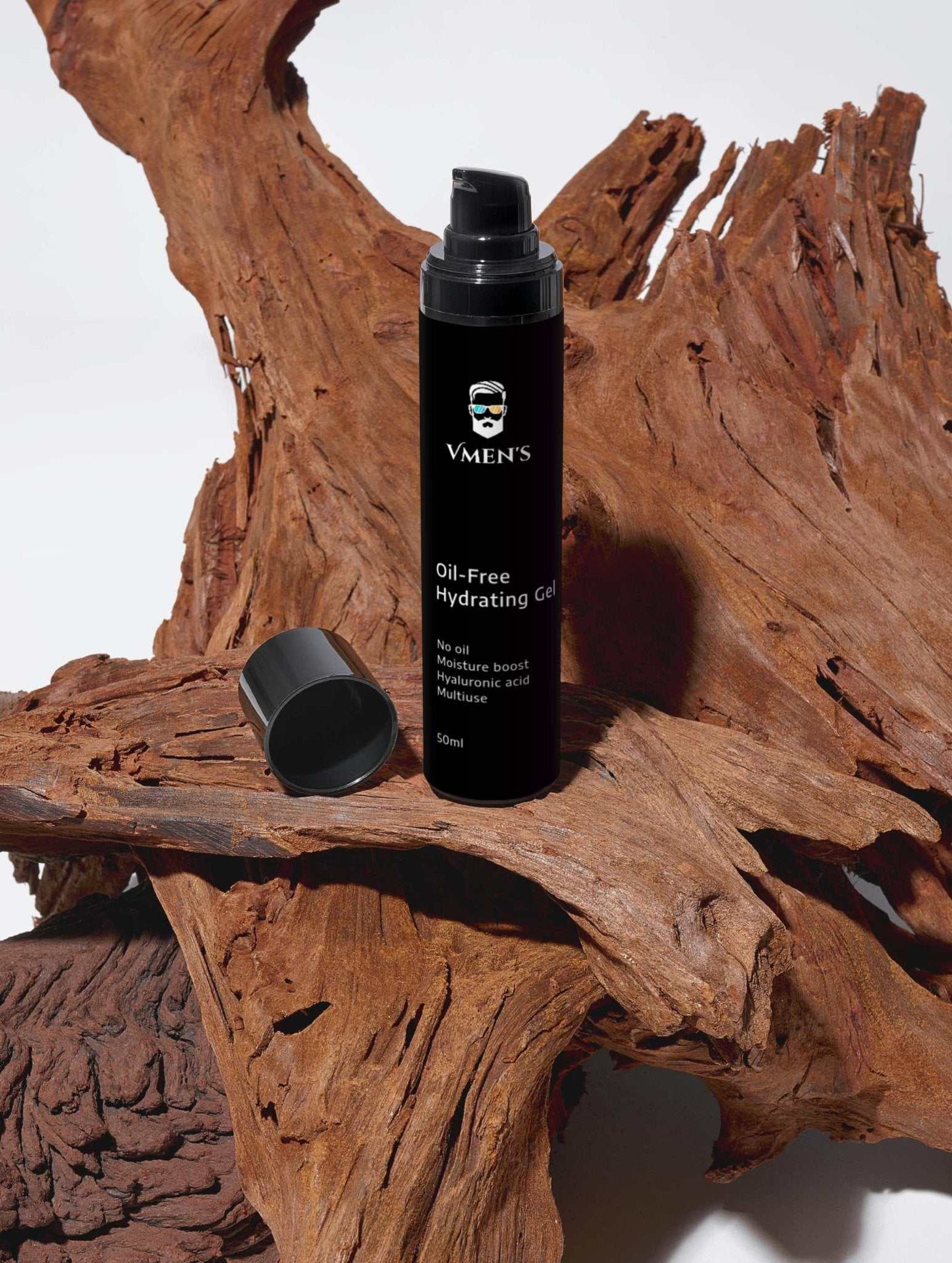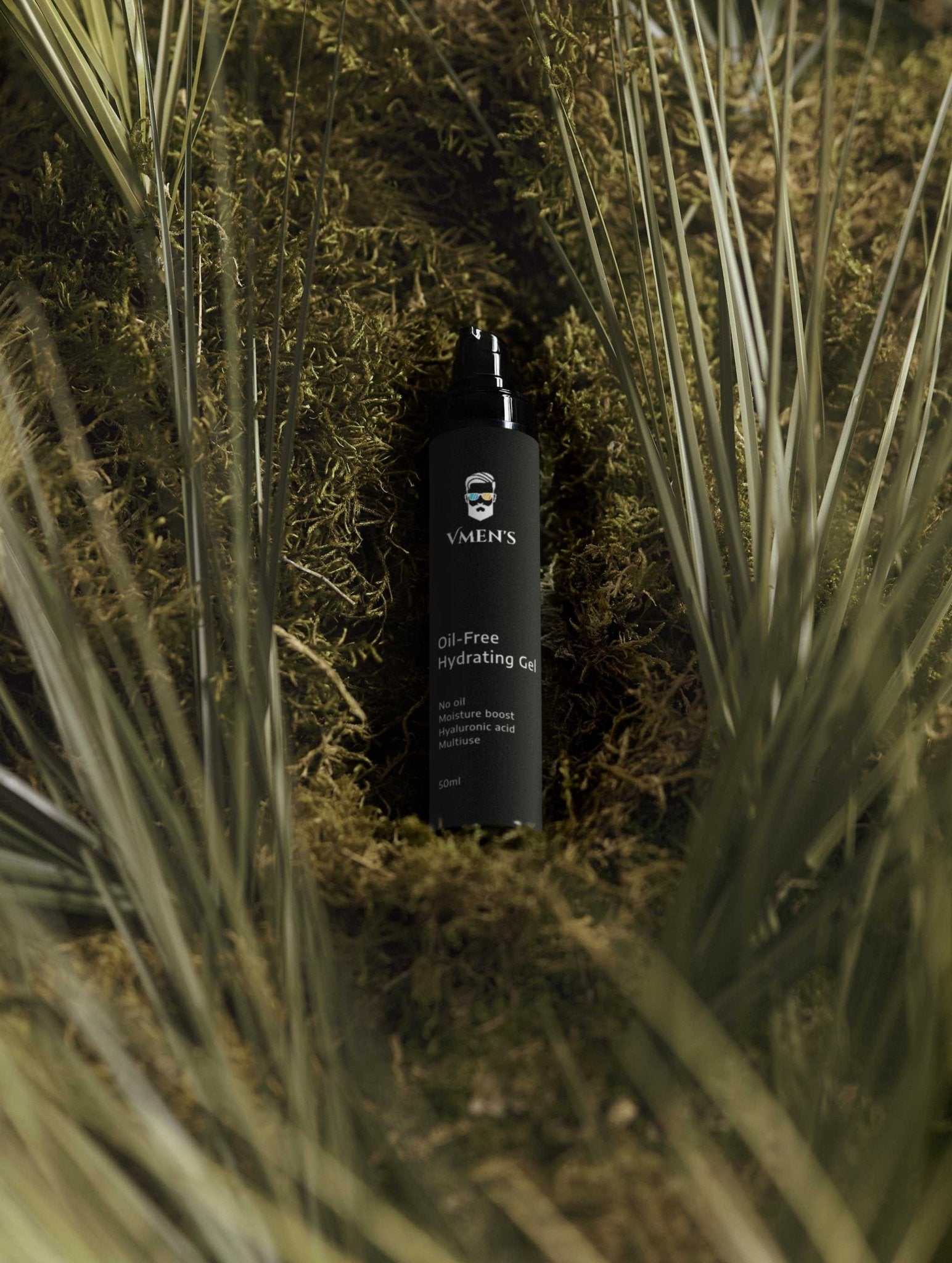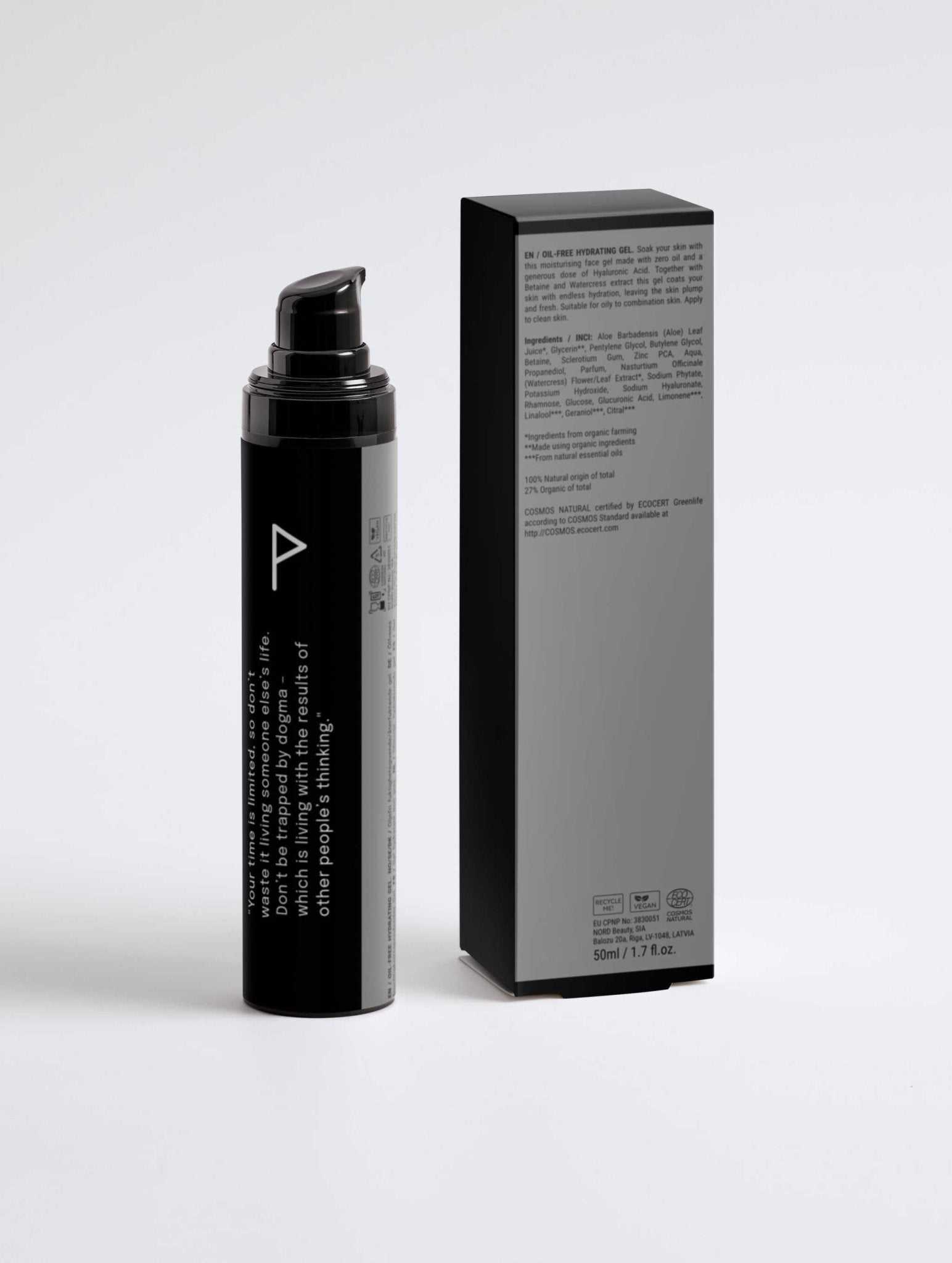Oily skin can be a challenge, especially for men who might be less familiar with skincare routines. Excess oil can lead to a shiny complexion, enlarged pores, and acne. However, with the right approach, managing oily skin can be straightforward and effective. Let's dive into understanding and caring for oily skin.
Identifying Oily Skin
Recognizing oily skin is crucial for choosing the right skincare products and routines. Here are some signs:
- Visible Pores: Larger than average pores, especially on the nose, forehead, and chin.
- Shiny or Greasy Appearance: Excess oil leads to a persistent shine.
- Blackheads: Small black bumps that appear on your skin due to clogged hair follicles.
- Blemishes: Frequent breakouts or acne.
Understanding Oily Skin
Oily skin occurs when the sebaceous glands in the skin produce too much sebum, a natural skin oil. While sebum is essential for skin health, its overproduction leads to an oily surface and can result in clogged pores and acne.
How to Help
Managing oily skin involves a balance of cleansing, toning, and moisturizing:
- Regular Cleansing: Use a gentle cleanser with warm water to remove excess oil without over-drying.
- Avoid Harsh Chemicals: Products that strip the skin can trigger more oil production.
- Toning: Use a toner with astringent properties, like witch hazel, to reduce oil and calm acne.
- Masks: Clay, honey, or oatmeal masks can absorb excess oil.
- Oil-Free Moisturizers: Hydrate your skin without adding more oil.
Beneficial Ingredients
Incorporate these ingredients into your skincare routine:
- Salicylic Acid: Helps unclog pores and reduce oiliness.
- Glycolic Acid: Exfoliates and helps in skin renewal.
- Beta-Hydroxy Acid (BHA): Deeply penetrates oily skin to exfoliate inside the pores.
- Benzoyl Peroxide: Targets acne-causing bacteria.
- Witch Hazel: Reduces oil and minimizes pores.
- Tea Tree Oil: Known for its anti-inflammatory and antimicrobial properties.
- Jojoba Oil: Balances skin's natural oils.
Ingredients to Avoid
Steer clear of these ingredients that can exacerbate oily skin:
- Coconut Oil: Can clog pores.
- Heavy Oils: Like hazelnut, camellia, and sunflower oil.
- Mineral Oil: Can create a barrier that traps oil.
- Beeswax, Paraffin, Lanolin: These can be too heavy and occlusive for oily skin.
Daily Skincare Routine
Morning:
- Cleanse: Start with a gentle cleanser to remove overnight oil build-up.
- Eye Cream: Apply to protect the delicate under-eye area.
- Antioxidant Serum: Protects skin from environmental damage.
- Moisturizer with SPF: Hydrate and protect from UV rays.
Evening:
- Double Cleanse: Thoroughly remove dirt and excess oil.
- Eye Cream: Continue the under-eye care.
- Spot Treatments: Use retinoids or other treatments for acne if needed.
- Light Moisturizer (if needed): Only if your skin feels tight or dry.
Exfoliation
Exfoliate at least once or twice a week to remove dead skin cells and prevent clogged pores. Choose a product suitable for oily skin, preferably with salicylic acid or glycolic acid.
Conclusion
Managing oily skin is all about balance. It's important to remove excess oil and prevent acne while maintaining your skin's natural moisture. By following a consistent skincare routine and using the right products, you can achieve a clearer, more matte complexion. Remember, every skin type has its unique needs, and understanding yours is the key to better skin health.

